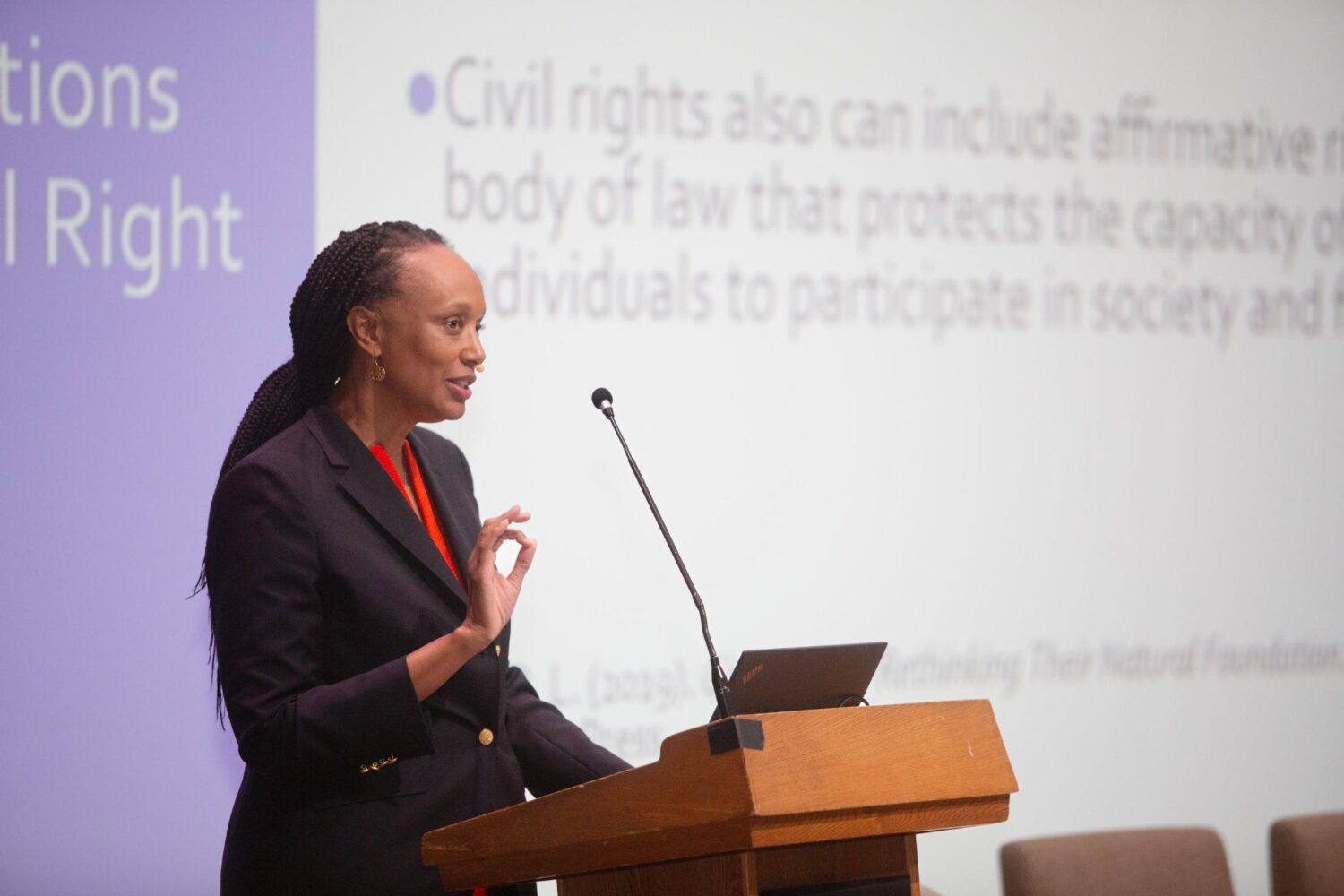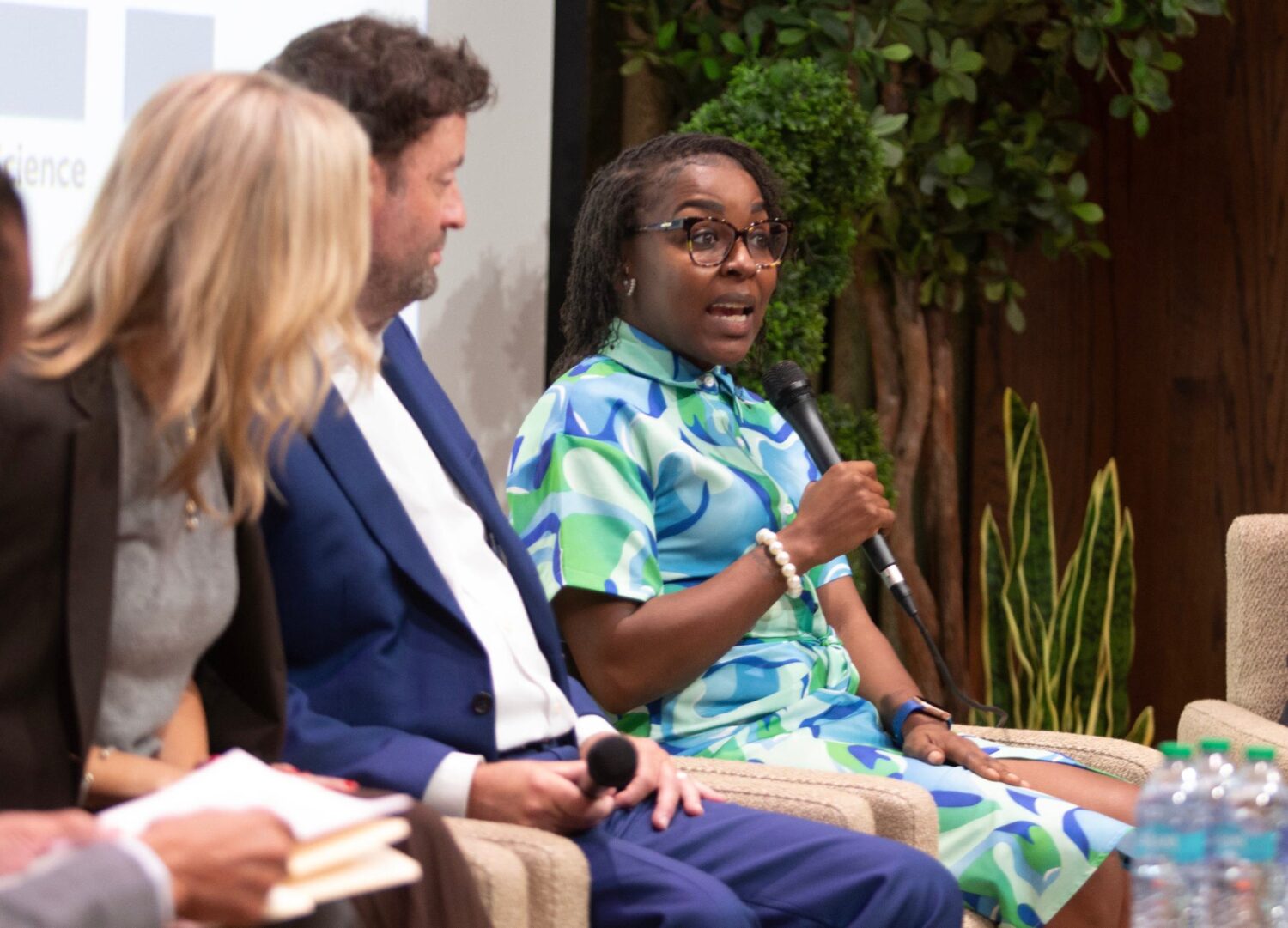More than 250 community members gathered at the Fort Worth Botanic Garden on October 8th, 2024, to explore a critical question facing our city: “Is Reading a Civil Right?” The event, hosted by the Fort Worth Star-Telegram’s Crossroads Lab and various community partners, brought together education experts, civic leaders, and community advocates to address Fort Worth’s urgent literacy crisis and chart a path forward.
The evening featured a compelling keynote address by Professor Kimberly Jenkins Robinson, director of the Education Rights Institute at the University of Virginia School of Law, followed by an engaging panel discussion moderated by Bob Ray Sanders, communications director of the Fort Worth Metropolitan Black Chamber of Commerce. The distinguished panel included Fort Worth Mayor Mattie Parker, Trenace Dorsey-Hollins of Parent Shield Fort Worth, and Brent Beasley of the Fort Worth Education Partnership.

Photos courtesy of the Fort Worth Star-Telegram
The timing of this panel is critical. Recent data paints a sobering picture of literacy in Fort Worth: nearly 60% of third- through eighth-grade students in Fort Worth public schools are not reading at grade level. In Fort Worth ISD specifically, only 31% of students scored on grade level in reading this year, a figure that has shown minimal improvement over the past decade. The disparities are particularly stark: just one in five Black third-graders and only 27% of economically disadvantaged third-graders are reading at grade level.
These statistics are especially alarming given that third-grade reading proficiency is a crucial predictor of future academic and life outcomes. Research shows that students who aren’t reading at grade level by third grade are four times more likely to drop out of high school. This educational gap has long-lasting effects, impacting everything from career opportunities and earning potential to health outcomes and civic engagement.
Professor Robinson’s keynote address framed literacy as the key that unlocks student engagement “in democracy, our economy, and our society.” She emphasized that illiteracy serves as an “enduring disability” that creates barriers to essential life activities, from completing healthcare forms to understanding ballot measures. As she pointedly stated, “You are not free if you are not literate. Period.”

Photos courtesy of the Fort Worth Star-Telegram
The discussion highlighted how addressing Fort Worth’s literacy crisis requires a coordinated, community-wide effort that must include robust support for our educators, who are on the front lines of this challenge daily. This collaborative approach was reflected in the large and diverse number of organizations that sponsored, attended and participated in the event, including the Fort Worth Chamber of Commerce, Fort Worth Education Partnership, Fort Worth Hispanic Chamber of Commerce, Fort Worth Metropolitan Black Chamber of Commerce, Go Beyond Grades, Rainwater Charitable Foundation, Sid W. Richardson Foundation, Texas A&M University School of Law, and United Way of Tarrant County.
The panel discussion revealed how various stakeholders are already taking action. Trenace Dorsey-Hollins shared success stories from intervention programs at the Boys & Girls Club, where 97% of children grew at least one grade level in reading over just three months. Mayor Parker spoke candidly about the importance of community leadership stepping up to address educational challenges.
The discussion also highlighted practical steps forward, including:
- Developing targeted intervention programs for students reading below grade level
- Ensuring transparent data sharing with parents about their children’s reading progress
- Prioritizing literacy as the highest priority in educational policy and resource allocation
- Building stronger partnerships between schools, community organizations, and city resources
- Providing comprehensive support and resources for teachers to effectively deliver literacy instruction
The Rainwater Charitable Foundation is proud to walk alongside these dedicated community partners as we work to ensure all Fort Worth children can read at grade level. Literacy is not just an educational issue, but also opens doors to opportunity, enables full participation in democracy, and empowers individuals to pursue their dreams. Together, we can build a future where every child in Fort Worth has the literacy skills they need to thrive.
To watch a recording of the presentation and panel follow this link. To learn more about the work Trenace Dorsey-Hollins and other parents are doing with Parent Shield, check out their website at https://www.parentshield.org/.

